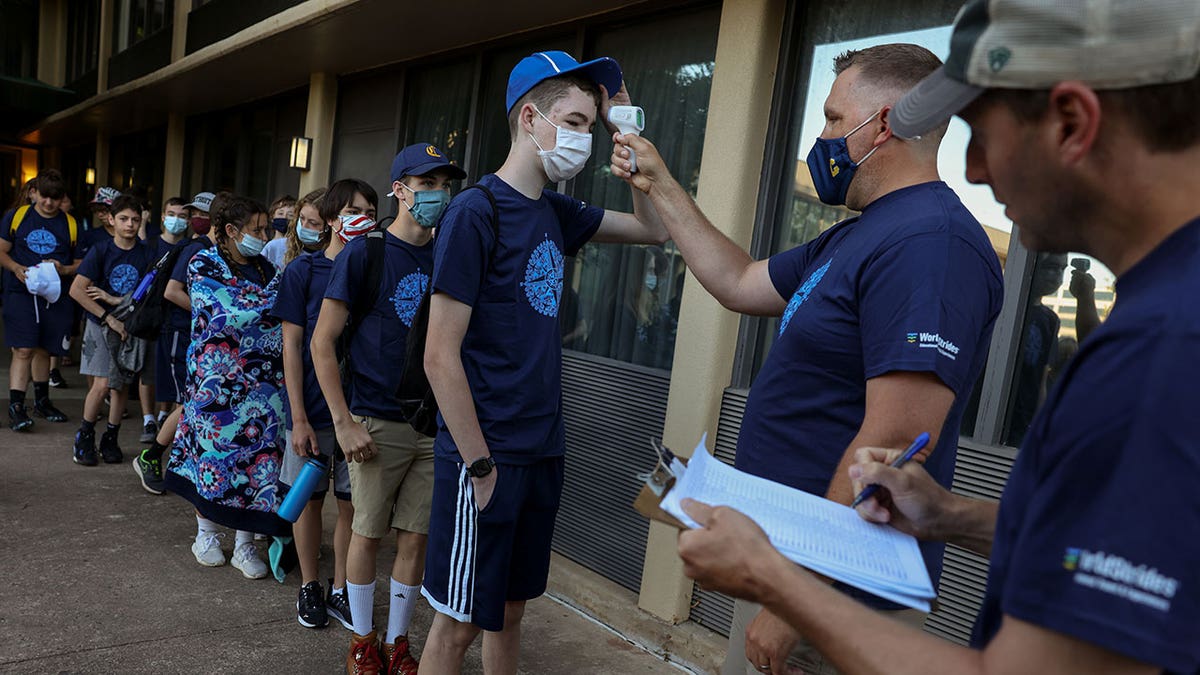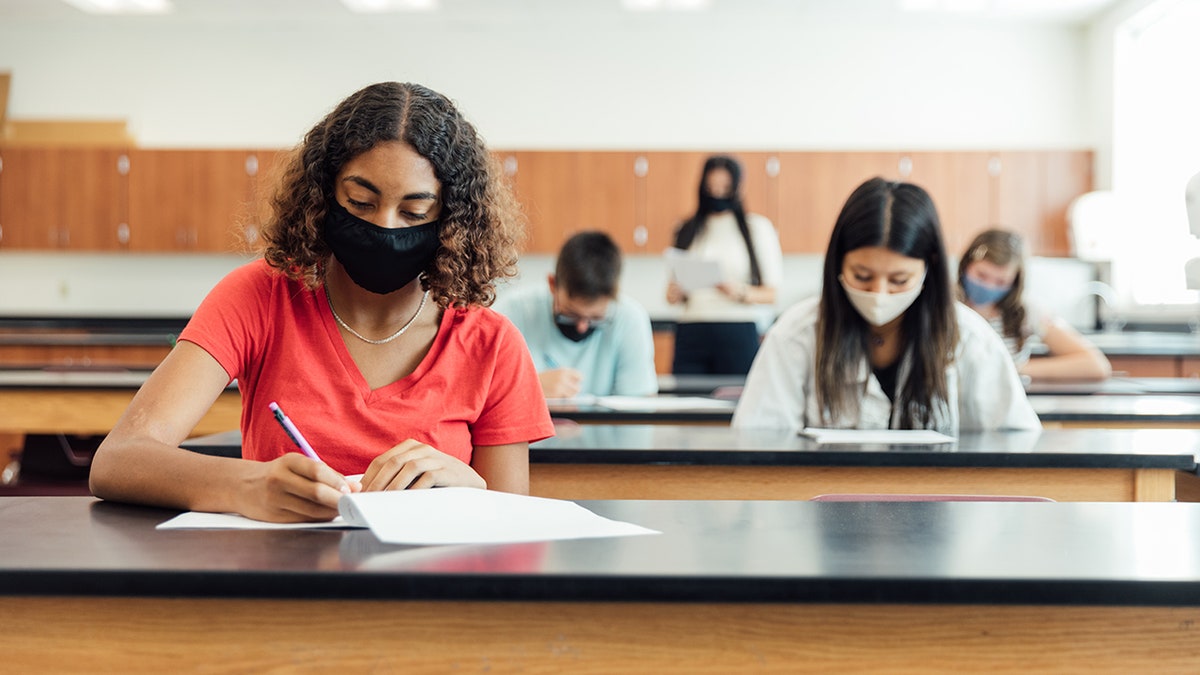Dr. Oz: New study on impact of COVID lockdowns should anger you
Dr. Mehmet Oz on new study showing that the COVID lockdowns only reduced COVID-19 mortality by .2% in the U.S.
Suzy Weiss, a former reporter for the New York Post, examined the devastating effect COVID-19 lockdowns had on the mental health of young teenage girls in a piece headlined "The Teen Girls Aren't Going to Forget."
Weiss wrote that every teenage girl she spoke to "felt like they were sinking, or being swallowed up." In a piece published to her sister Bari Weiss' Substack "Common Sense," Weiss talked to several teenagers that spent over a year in isolation because schools were closed due to the pandemic.
"It’s like a sci-fi show where people went to sleep and woke up two years later, and the world has moved on but they haven’t," clinical psychologist Regine Galanti told Weiss.
Sixteen-year-old Lily May Holland said that upon returning to school she didn't feel like she "belonged."

Daniel Bradstreet, a student at Michigan’s Clarkston Junior High School, has his temperature checked by school principal Adam Kern outside their hotel before boarding a tour bus with his classmates to go sightseeing in Washington, in Sterling, Virginia, U.S., June 18, 2021. REUTERS/Evelyn Hockstein (REUTERS/Evelyn Hockstein)
"I would’ve gone to parties, and me and my friends were planning to go to concerts, and homecoming," Lily told Weiss. "I had crushes freshman year. But all that fell away."
Weiss said the "tangibleness" of school, such as "sweaty locker rooms, polyester prom dresses, the cool metal of a first-place trophy, the puff of a contraband cigarette," completely disappeared.
TEEN SUICIDE ATTEMPTS SPIKED DURING COVID-19 LOCKDOWNS: CDC
Holland's mother, Eliza, a pediatrician who works with girls suffering from suicidal thoughts, drugs and eating disorders, said "all of their freedom and autonomy" were gone after lockdowns set in.
Twelve to 17-year-old girls taken to the emergency room after a suicide attempt increased by 51% between 2019 and 2020, the Centers for Disease Control and Prevention (CDC) said in a June 2021 report.
A 14-year-old said she started cutting herself and told Weiss that social media gave a lot of girls depression. "I couldn’t sleep without feeling pain," she said. A mother of a 16-year-old said her daughter "felt like she was rotting in her bedroom."

Sarah Seay virtually teaches a 3rd grade class for students who are either at home or in a separate classroom as in-person learning resumes with restrictions in place to prevent the spread of coronavirus disease (COVID-19) at Rover Elementary School in Tempe, Arizona, U.S., August 17, 2020. REUTERS/Cheney Orr (REUTERS/Cheney Orr)
Adam, a father of two teenagers, one 15 and one 17, said he felt like his daughters "have the weight of the world on them." He said he realized how bad things were for his kids when he saw his oldest in her softball uniform that was "hanging off her body."
"An irrational being crawled into my wonderful, cooperative, never-lied, straight-A student daughter," he said. Adam had to bring his oldest to the hospital because "she seemed like she was about to pass out."
"I say to my wife all the time, ‘What have we done to our kids?’" Adam told Weiss.

High school students and teenagers go back to school in the classroom at their high school. They are required to wear face masks and practice social distancing during the COVID-19 pandemic. They value their education and are excited to be in school. Image taken in Utah, USA. (iStock)
CLICK HERE TO GET THE FOX NEWS APP
The CDC found that 44% of teenagers felt hopeless or persistently sad in the first few months of 2021 and 55% said they experienced emotional abuse at home, according to a survey published on April 1.
The negative effect school lockdowns have had on young adults' mental health is a concern that has been shared by both liberals and conservatives.








































